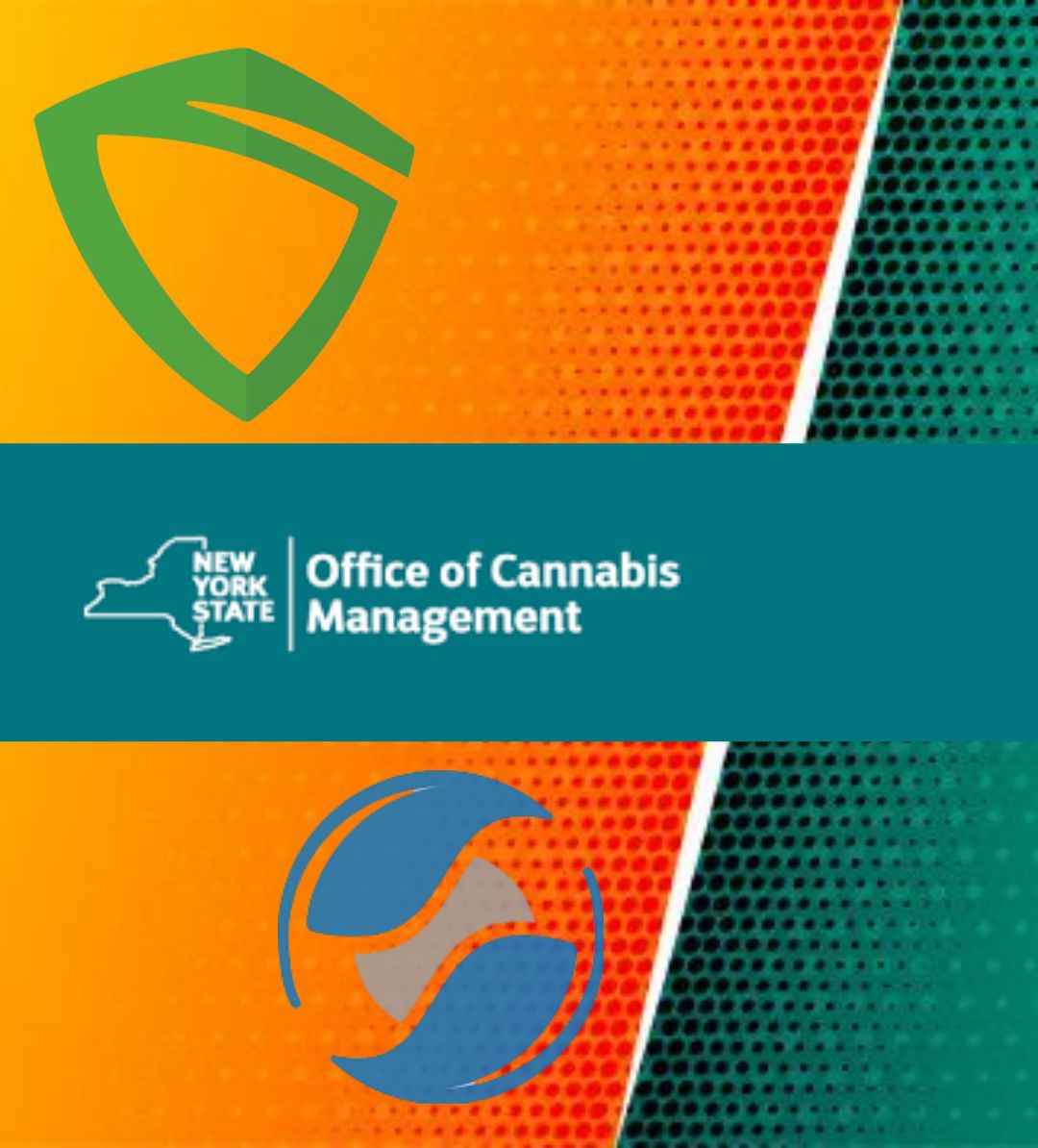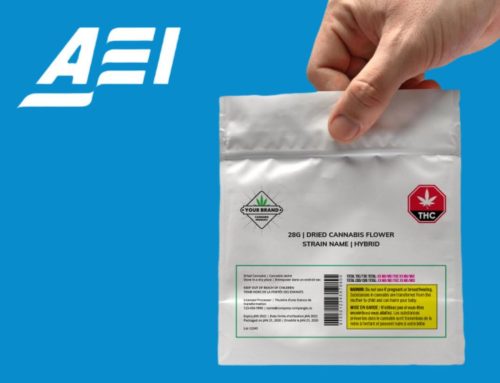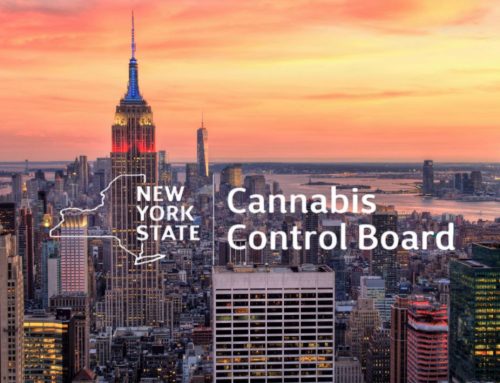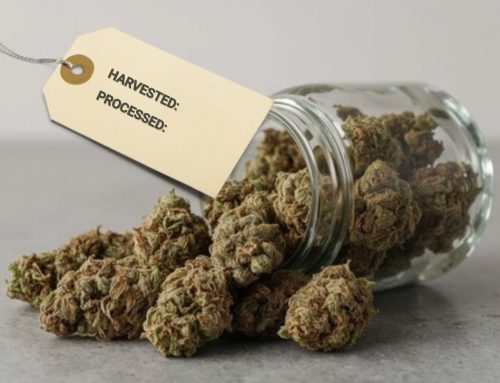NY OCM Shifts to Metrc for Inventory Tracking
NEW YORK – New York’s Office of Cannabis Management (OCM) has decided to replace BioTrack and announced transition to Metrc as the state’s official seed-to-sale tracking system, following a review prompted by a corporate deal between the two firms. The change, set to go-live in early 2026, comes about a month after regulators halted BioTrack’s rollout to assess the partnership’s effects.
Revealed on August 5, the partnership involves Metrc taking over BioTrack’s government contracts, including New York’s. This deal combines the two leading providers of Cannabis compliance software, raising questions about market concentration in an industry where reliable tracking is key to preventing diversion and ensuring tax collection. Regulators suspended BioTrack integration deadlines the next day, citing the need to evaluate technical and operational impacts. By late August, after completing that review, the office concluded Metrc better suits the state’s needs for supply chain oversight and regulatory enforcement.
For operators, the transition means immediate steps: those already linked to BioTrack must disconnect from its API and revert to manual processes, such as paper manifests for transfers and portal-based reporting. All licensees remain obligated to maintain real-time electronic inventory records under state rules.
Metrc’s system will charge 10 cents per unique identifier tag, with no fees for third-party software integrations. The office has not addressed potential reimbursements for costs tied to the aborted BioTrack setup, leaving some cultivators and processors facing unexpected expenses amid a market projected to exceed $1.5 billion in annual sales.
This decision reflects broader trends in Cannabis regulation, where states often favor established platforms like Metrc [already in use in over 20 jurisdictions] for their proven data security and interoperability. Yet the move also highlights risks of vendor consolidation. Critics in the industry point to reduced competition, which could limit innovation or increase long-term costs. In New York, where illicit sales persist despite enforcement efforts, a unified tracking system could strengthen legal operations by improving traceability from cultivation facility to shelf.




































